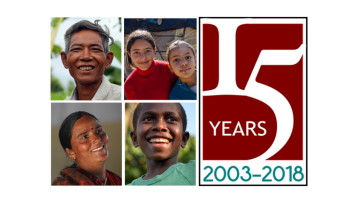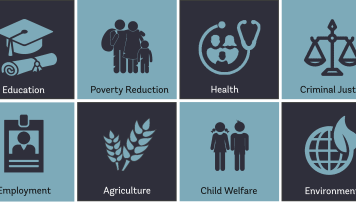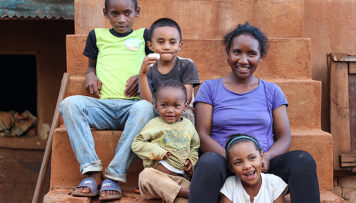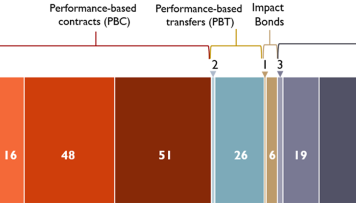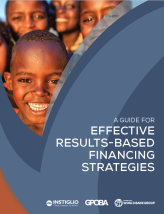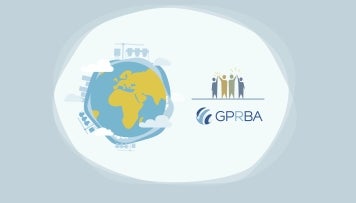
GPOBA is now GPRBA!
Worldwide, millions of people live without basic services, including reliable electricity, functioning toilets and regular waste removal services. As a result, income inequality persists and progress toward the Sustainable Development Goals (SDGs) stalls.
In many cases, governments at the national and local levels have every intention of ensuring these services reach everyone. But they don’t often have the budget or technical expertise to deliver, especially to low-income residents.
Furthermore, private service providers, such as an electrical or waste removal companies, don’t have the economic incentive to extend services to low-income communities, which likely can’t afford going rates for services.
For the last 15 years, an innovative development financing approach has been successfully knocking down these barriers to inclusive economic development. Nearly 50 projects in 29 countries have ensured that basic services are reaching some 10 million beneficiaries—in a sustainable way.
The approach? An innovative funding system that disperses payments only when actual results are achieved. It’s transparent, demands accountability and almost always delivers development successes.
Established in 2003, the Global Partnership on Output-Based Aid (GPOBA) has focused on output-based aid (OBA), a type of results-based financing (RBF) used in those specific cases when low-income communities are excluded from basic services because of affordability.
By offering government and the private sector service providers subsidies, as well as technical assistance, GPOBA reduces the high costs of delivering services to low-income communities. Some successes include
- The clean-up of municipalities across Nepal through vast solid waste management improvements.
- The supply of 32,800 people in low-income Zambian communities and 80,000 in poor Liberian districts with reliable energy sources.
- The access of 170,000 low-income households in rural Bangladesh to hygienic sanitation.
- In Ghana, close to 100,000 people benefitted from access to off-grid renewable energy.
As GPOBA had evolved and grown, it’s increasingly deployed RBF approaches beyond OBA. Through a renewed strategic focus, more and more projects are developed using a mix of RBF instruments that leverage donor resources to maximize private sector financing.
To reflect the new emphasis on using different RBF instruments and a broader range of RBF mechanisms, GPOBA is changing its name to the Global Partnership for Results-Based Approaches (GPRBA). The change from “O” to “R” is one letter difference, but it unleashes new opportunities for creativity and flexibility in the program’s unwavering efforts to help low-income communities live better lives.
“If the world’s poorest communities don’t have access to necessities, it will be impossible for us to achieve the Sustainable Development Goals (SDGs),” said Shobha Shetty, Practice Manager, Global Partnerships & Resource Mobilization. “GPRBA provides innovative financing solutions that link funding to actual results achieved. Our results-based financing approaches provide access to basic services like water and sanitation, energy, health and education for low-income communities that might otherwise go unserved.”
Results-based financing (RBF) is becoming an important part of the development finance solutions, especially as governments and partners strive to meet the Sustainable Development Goals (SDGs). In fact, in the last decade alone, at least $25 billion of development spending has been tied to results, an increase from just a few billion the decade before.
These innovative financing mechanisms have the capacity to bring together public and private sector funders to maximize resources and design effective incentives for service providers to reach underserved low-income communities. By working together, we can give everyone a chance for a better life.
Watch video.
